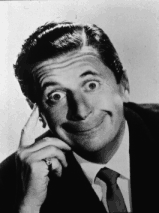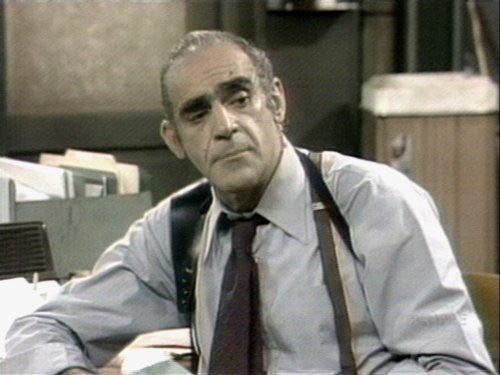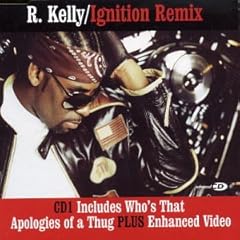I believe that the most lasting and well-known songs by a majority of pop music acts tend to be their best songs. Over time, quality will assert itself. But an act's biggest hit is a completely different matter. The pop chart can be a fickle mistress - a fickle mistress with poor taste, at that.
For a lot of acts, their biggest chart hit is not the song that people remember them for. You ask ten random people what Billy Squier's biggest hit was, and nine of them will say "The Stroke." Well, six of them will say "Who's Billy Squier?," but you get what I mean.
With that in mind, I present the biggest chart hits for artists who are generally remembered for other songs:
Johnny Cash, "A Boy Named Sue," went to Number Two in 1969
Cheap Trick, "The Flame," went to Number One in 1988
Jimmy Cliff, "I Can See Clearly Now," went to Number 18 in 1994
Elvis Costello, "Veronica," went to Number 19 in 1989
Bo Diddley, "Say Man," went to Number 20 in 1959
Duane Eddy, "Because They're Young," went to Number Four in 1960
Donna Fargo, "Funny Face," went to Number Five in 1973
Jimi Hendrix, "All Along the Watchtower," went to Number 20 in 1968
Donnie Iris, "My Girl," went to Number 25 in 1982
Rick James, "You and I," went to Number 13 in 1978
M.C. Hammer, "Pray," went to Number Two in 1990
Alanis Morissette, "Head Over Feet," went to Number Three in 1996
Gene Pitney, "Only Love Can Break a Heart," went to Number Two in 1962
Scorpions, "Wind of Change," went to Number Four in 1991
Bob Seger, "Shakedown," went to Number One in 1987
Bobby Sherman, "Little Woman," went to Number Three in 1969
The Smithereens, "Too Much Passion," went to Number 37 in 1992
Billy Squier, "Rock Me Tonite," went to Number 15 in 1984
Al Stewart, "Time Passages," went to Number Seven in 1978
Ritchie Valens, "Donna," went to Number Two in 1959
Jackie Wilson, "Night," went to Number Four in 1960
Tammy Wynette, "Justified and Ancient," went to Number 11 in 1992



















